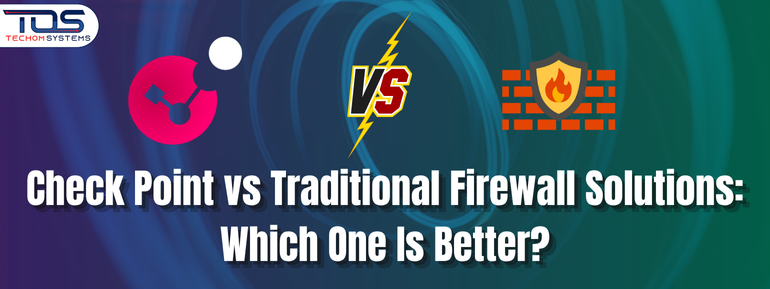In today’s fast-changing digital world, network security is more important than ever. Cyberattacks are becoming smarter and more frequent. When deciding between Check Point vs Traditional Firewall solutions, it is crucial to understand how each firewall protects your data and systems from unauthorized access and harmful threats. Choosing the right firewall can make all the difference in keeping your network safe.
This blog will take a closer look at Check Point vs Traditional Firewall solutions by comparing how each type works and what security benefits they offer. We will also explore key concepts such as stateful vs stateless firewall and Next-Generation Firewall vs traditional firewall to help you get a full picture.
By the end of this article, you will be able to decide whether a traditional firewall or a Check Point firewall suits your network needs best. Whether you manage a small business or a large enterprise, understanding the strengths and limitations of these firewall solutions will help you protect your network effectively.
Not sure which firewall is right for your business? Book a free consultation with our experts today and secure your network with the best solution.
What is Check Point Firewall?
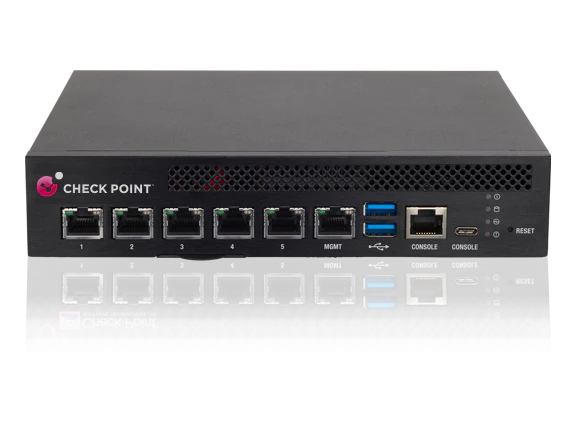
It is a modern security system built to provide stronger and smarter protection for your network compared to traditional firewalls. Check Point is a Next-Generation Firewall or NGFW firewall that combines multiple advanced technologies like stateful inspection, intrusion prevention and application control.
These features work together to detect and block a wide range of cyber threats including malware, ransomware and unauthorized access attempts, helping to always keep your network safe and secure. Here are some key features that make the Check Point firewall stand out:
- Uses stateful inspection to monitor ongoing network connections for better security.
- Offers intrusion prevention to stop attacks before they cause harm.
- Provides application awareness to understand and control what apps are doing on your network.
- Protects against a wide range of threats, including malware, viruses and hackers.
- Supports flexible security policies that can be customized to your network needs.
These features make Check Point firewall a powerful choice for keeping your network safe in today’s digital world.
Now that we understand what a Check Point firewall offers, let’s look at traditional firewall solutions in the next section.
You May Also Like: Check Point Horizon Managed Prevention & Response
What are Traditional Firewall Solutions?
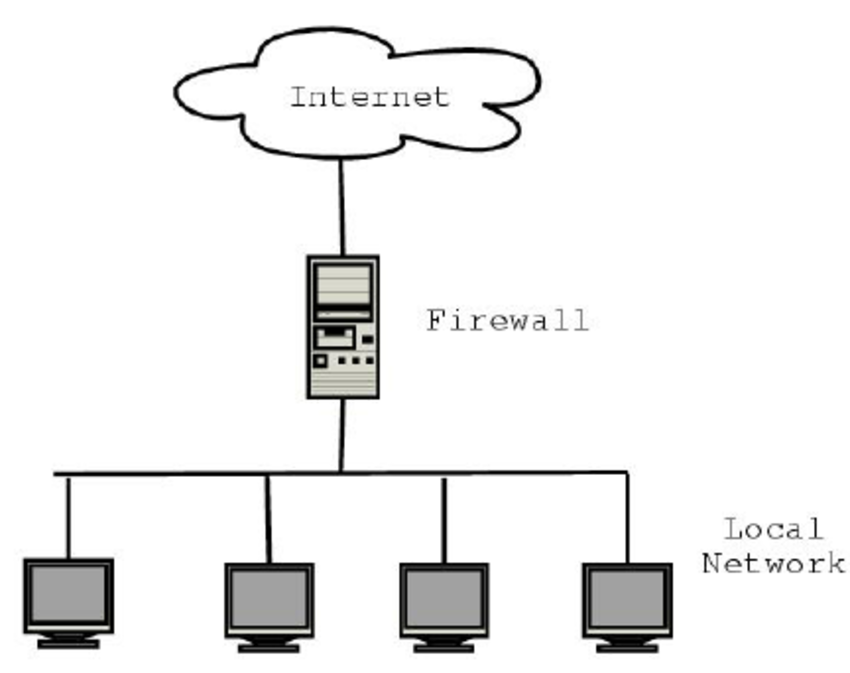
Traditional firewall solutions have been used for many years to protect networks by filtering traffic. They work using basic rules and focus mainly on simple checks like IP addresses and ports. While they offer some level of security, traditional firewalls have limitations when it comes to handling today’s advanced cyber threats. Here are some key points to help you understand Traditional Firewall Solutions:
- Use basic rules to allow or block network traffic.
- Are often stateless and do not track active connections.
- Focus mainly on source and destination IP addresses and ports.
- Limited ability to detect and stop complex or modern attacks.
- Provide basic network protection but may not be enough for today’s threats.
When comparing Check Point vs Traditional Firewall solutions, these differences become important to consider for your network security audit checklist.
Stateful vs Stateless Firewall: What’s The Real Difference?
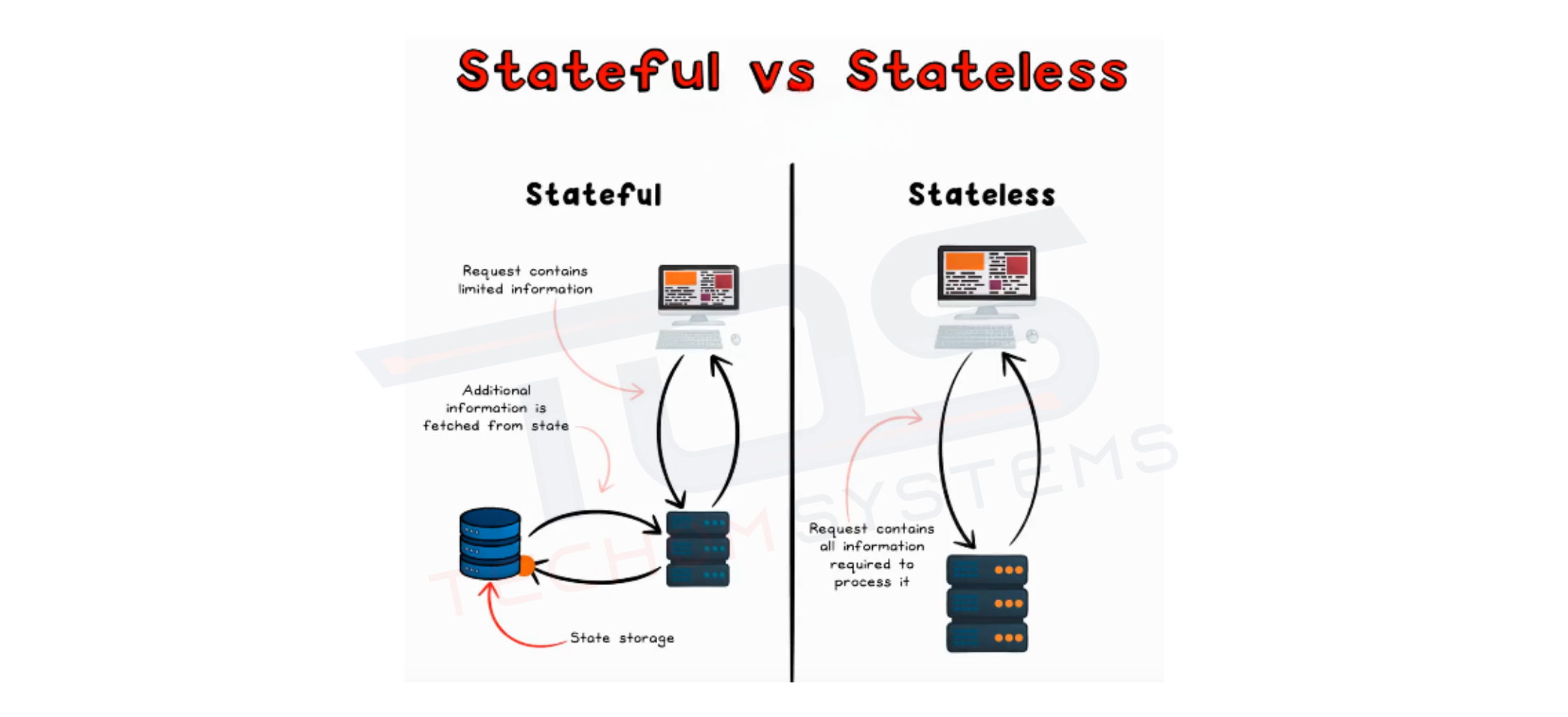
When it comes to protecting your network, understanding the difference between stateful vs stateless firewall is key. These two firewall types work differently and choosing the right one can greatly impact on your security. Here’s a simple breakdown between Stateful vs Stateless Firewall:
#1: Stateless Firewall
A stateless firewall checks each data packet individually. It doesn’t remember any previous traffic, so it treats every request like its brand new. This can be faster but less secure for complex threats.
#2: Stateful Firewall
A stateful firewall, like the one used by Check Point, tracks active connections. It keeps a memory of traffic flow, which helps detect suspicious behavior and blocks threats more effectively.
Why It Matters?
Choosing between stateful vs stateless firewall depends on your network’s size and threat level. For stronger, smarter protection, a stateful firewall offers better control and deeper security insights.
Stateful vs Stateless Firewall Comparison Table
Want to know which firewall is better for your network? Here’s a simple and clear comparison of Stateful vs Stateless Firewall to help you decide which one fits your security needs.
Stateful vs Stateless Firewall Comparison
| Feature | Stateless Firewall | Stateful Firewall (Used by Check Point) |
|---|---|---|
| Traffic Inspection | Check each packet independently | Monitors the entire connection state |
| Context Awareness | No context of previous packets | Understands ongoing connections |
| Threat Detection | Limited, may miss complex threats | Better at detecting suspicious activities |
| Accuracy | More false positives | Fewer false positives |
| Control Level | Basic filtering | Granular control over traffic and security |
| Common Use | Traditional firewall solutions | Next-Generation Firewall like Check Point |
Understanding these key differences explains why Check Point firewall solutions offer stronger and more reliable protection compared to Traditional Firewall options.
Next-Generation Firewall vs Traditional Firewall
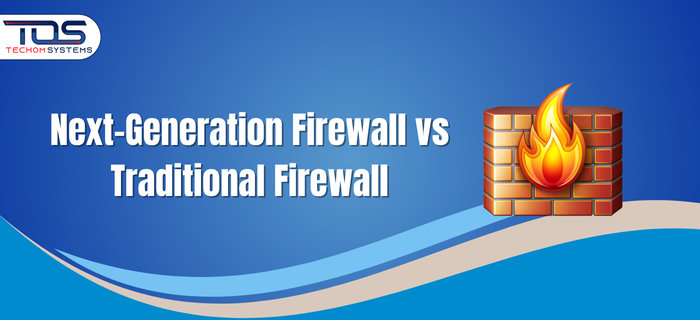
When choosing between Next-Generation Firewall vs traditional firewall solutions, it is important to know what sets them apart. Next-Generation Firewalls, like those offered by Check Point, provide more advanced protection by using modern technologies. Traditional firewalls, while still useful, rely on simpler methods that may not be enough against today’s cyber threats. Here are the key differences between Next-Generation Firewalls and traditional firewall solutions:
- Next-Generation Firewalls perform deep packet inspection to analyze the contents of data packets, not just their headers
- They include intrusion prevention systems to stop attacks before they can harm your network
- Application-level filtering helps control which applications can access your network and what they can do
- Traditional firewalls mainly filter traffic based on IP addresses and ports
- They often lack advanced features to detect sophisticated threats
- NGFWs offer more detailed and flexible security policies tailored to modern network environments
Knowing these points can help you decide whether a Next-Generation Firewall or a Traditional Firewall is better for your network’s protection.
In doubt about which firewall suits your business best? Book a free consultation with TECHOM Systems today and click the button below to get started.
Also Read: Securing Your Endpoints with Checkpoint Harmony Endpoint
Key Information Security Threats and How Firewalls Protect Your Network
In today’s digital world, organizations face many different security threats that can put their data and systems at risk. Knowing how to identify information security threats is important for choosing the right firewall solution.
Firewalls act as the first line of defense by monitoring and controlling incoming and outgoing network traffic. Advanced firewalls like Check Point offer stronger protection by detecting and blocking a wider range of cyber threats. Here are some common information security threats that firewalls help protect against:
- Unauthorized access attempts from hackers trying to breach the network.
- Malware infections such as viruses, worms and ransomware.
- Phishing attacks are aimed at stealing sensitive data.
- Denial of Service or DoS attacks that overwhelm network resources.
- Suspicious or unusual network traffic patterns indicating potential attacks.
- Exploits targeting vulnerabilities in applications or operating systems.
Understanding these threats and how firewalls respond to them is crucial when deciding between Check Point vs Traditional Firewall solutions for your network security.
Check Point vs Traditional Firewall Solutions: Which One is Better
Choosing the right firewall is crucial for protecting your business from growing cyber threats. When looking at Check Point vs Traditional Firewall solutions, it’s helpful to compare them based on key features and performance. Both have their strengths, but which one fits your network depends on your specific needs. Here is a quick comparison to help you decide:
#1: Check Point Firewall:
- Offers advanced features like intrusion prevention, application control and deep packet inspection.
- Uses stateful inspection to monitor active connections for better threat detection.
- Ideal for medium to large organizations that need high-level security.
- Provides detailed visibility and flexible policy management.
- Often includes cloud-based threat intelligence and automatic updates.
#2: Traditional Firewall:
- Relies on basic rules like IP address and port filtering.
- Often stateless, meaning it doesn’t track ongoing network sessions.
- Works best for small networks with simple traffic patterns.
- Easier to set up but lacks advanced threat detection.
- More affordable but offers limited protection for modern attacks.
By comparing Check Point vs Traditional Firewall solutions in this way, you can make a better decision based on your budget, security goals and network size.
Why Choose TECHOM Systems?
Choosing the right firewall partner is just as important as choosing the right firewall. Here’s why TECHOM Systems is the trusted choice for many businesses:
- Expert Guidance: Our team understands the difference between Check Point vs Traditional Firewall solutions and helps you pick what fits your network needs best.
- Customized Security Solutions: We don’t believe in one-size-fits-all. TECHOM Systems creates tailored firewall strategies based on your network size, traffic and risk level.
- Certified Professionals: Work with experienced and certified network security experts who know how to handle real-world threats.
- Ongoing Support: Get continuous monitoring, updates and support so your firewall stays strong as threats evolve.
- Trusted by Businesses: TECHOM Systems has earned the trust of companies across industries for delivering reliable and secure firewall solutions.
FAQs about Check Point vs Traditional Firewall Solutions
#1: What Is the Difference Between a Firewall and Check Point?
A firewall is a general security tool. Check Point is a brand offering advanced firewalls with smarter protection features.
#2: What Is the Difference Between NGFW and Traditional Firewall?
Traditional firewalls filter traffic by IP and ports. NGFWs like Check Point offer deeper security with intrusion prevention and app control.
#3: What Is a Check Point in a Firewall?
It refers to the advanced technologies in Check Point firewalls that detect and block threats effectively.
#4: Is Check Point a Good Firewall?
When comparing Check Point vs Traditional Firewall solutions, Check Point stands out as a trusted and effective choice. At TECHOM Systems, we recommend it for strong and smart network protection.
Final Thoughts
Choosing between Check Point vs Traditional Firewall solutions depends on your network size and security needs. For advanced threats and detailed control, Check Point Next-Generation Firewall is a strong choice. Traditional firewalls may suit smaller networks with basic needs.
Not Sure Which Firewall Suits Your Network Best?
Contact TECHOM Systems today to find out how we can help secure your network with the best firewall solutions.

Technical Specialist with 10+ years of experience in IT solutions, data engineering and AI-driven automation. At TECHOM Systems, she focuses on delivering secure, scalable and business aligned technology strategies. She applies advanced technical skills to develop scalable solutions and integrate emerging technologies for optimized digital workflows.

